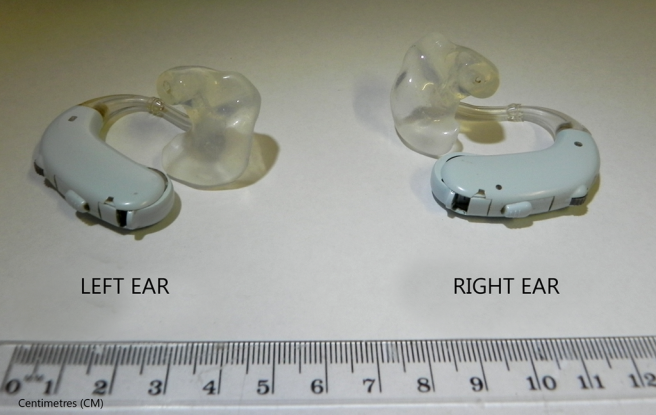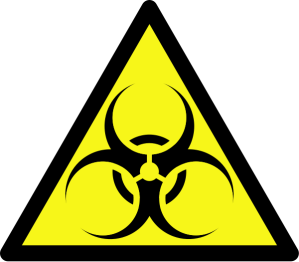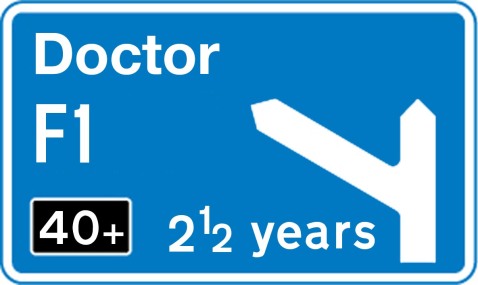5 years of hoops jumped through, each at the precise height, angle and speed required by the medical school. Final OSCEs and written examinations completed. Now it was just a question of awaiting results for the final time and despite going through this every year for the past 4 years the waiting did not get easier.
The deaneries (hospitals we were allocated to for our first jobs) were already tempting fate by beginning correspondence with: “Dear Doctor…” Talk about counting chickens before any eggs had hatched.
I know a consultant surgeon who wears a particular surgical cap for every procedure. The one time he used a disposable one the procedure didn’t go well. Now he ensures he is always wearing this one surgical cap. Doctors are evidence based. How can a cap affect surgical outcomes? Superstition seems to thread its skinny fingers into any tiny cracks prying them open.
Results day eventually came and we found out the usual way by logging on with our candidate numbers. Double, triple and quadruple check. Each time it still said: “Written Examinations: Pass, OSCEs: Pass” !!!

* * *
Last week I became a Foundation Year 1 (F1) doctor! A few days of induction and shadowing the outgoing F1 doctors, they moved to their F2 jobs and we stepped into their quite large and well-worn shoes. Sudden responsibilities and lists of jobs generated by ward rounds seemed to keep growing and that dreaded bleep would come alive at the worst moments. Supposedly we will get quicker but we survived week 1 and the nurses were amazing! Thank you nurses.
Conclusion
Right now I still find it hard to believe I’m doing this. It wasn’t until recently when it sank in that actually I had become a doctor – and I nearly had a wobbly emotional moment.
Has it been worth it? Yes in many different ways. Throughout medical school and as a very junior doctor so far, it has been a privilege. As an F1, my job involves lots of paperwork, organising and ensuring all patients are seen on ward rounds (you’d be surprised how easy a patient could be missed, especially outliers – those patients on other wards but who are still your responsibility), prescribing: fluids; pain relief; anti- sickness; regular meds and completing the dreaded administrative paperwork required to discharge patients. All straightforward but there is so much of it with constant interruptions from nurses chasing you on tasks.
There have also been times when I’ve already been able to make a difference. Once, I was stopped in the corridor, “Excuse me……” expecting to be asked directions, I looked up but recognised the woman in front of me as the wife of a patient I had seen during the weekend shift. She said: “I don’t know your name but I wanted to say thank you for explaining everything and being there for my husband. I’ve told all the staff on the ward about you too…” Another time, a man shouted my name and then thanked me for placing a catheter which relieved his painful urinary retention (unable to pee). I didn’t recognise him out of his hospital gown and he looked so well.
On the negative side, the hours are really long with little control over them which affects free time outside of work. Missing weddings and important family or friends’ events and not being able to see your own family are more sacrifices to come. If becoming rich is your objective, there are much easier ways to earn far more. Quitting a job for medicine means you may never recoup earnings lost whilst studying then starting on a junior doctor salary of £22,862 (currently).
someone not only moved the goalposts but at the same time smeared a little bit of Type 6 all over them too
Finally, practically all clinical staff are concerned about the future of the NHS which is undergoing transition to the extent that patient care is a concern. It feels like things are in a bit of a mess and there are still huge uncertainties with junior doctor contracts. I’m ecstatic to have qualified but the ongoing politics have tarnished that feeling of achievement. It feels as though whilst we had our heads down working hard trying to qualify, someone not only moved the goalposts but at the same time smeared a little bit of Type 6 over them too. Hopefully this will be fixed soon.
In retrospect if I knew the extent to which it would have been so challenging with so much life disruption I’d think twice, but ultimately would still have done it. Most medical students and applicants have a special kind of stubborn blind (or crystal clear?) determination in terms of achieving objectives. I’ve never met a group with such a high level of motivation. If I could go back in time to warn my old self about the road ahead, I don’t think “medical school applicant” me would have listened.





 During revision and in the run up to exams I see exponentially less and less of anyone and eventually become a hibernating hermit hedgehog. It becomes awkward to continually turn down invitations to go out but it would be “frivolous” to chuck my books in the air whenever such an opportunity arises. Petrified of the consequences, I make my excuses.
During revision and in the run up to exams I see exponentially less and less of anyone and eventually become a hibernating hermit hedgehog. It becomes awkward to continually turn down invitations to go out but it would be “frivolous” to chuck my books in the air whenever such an opportunity arises. Petrified of the consequences, I make my excuses.